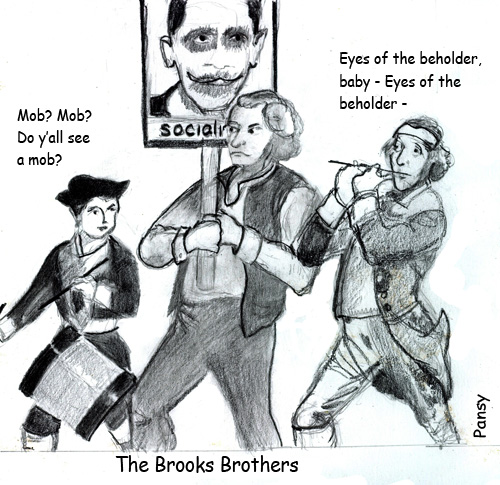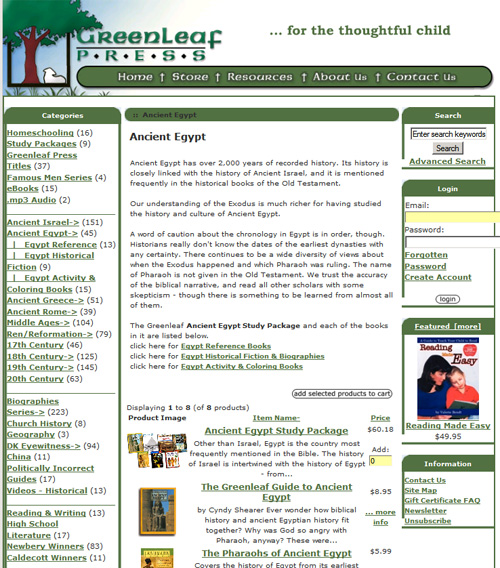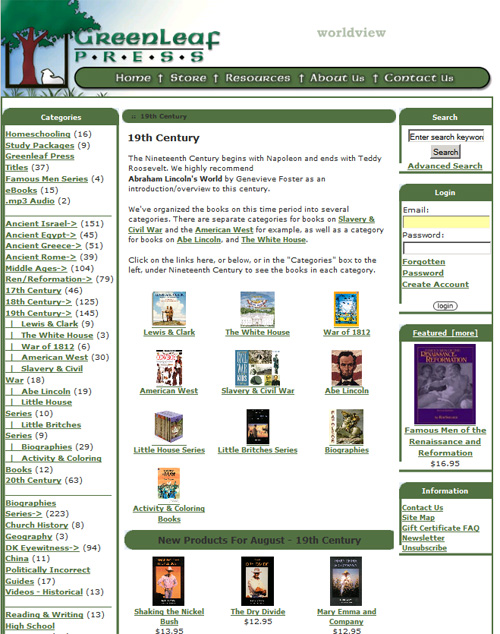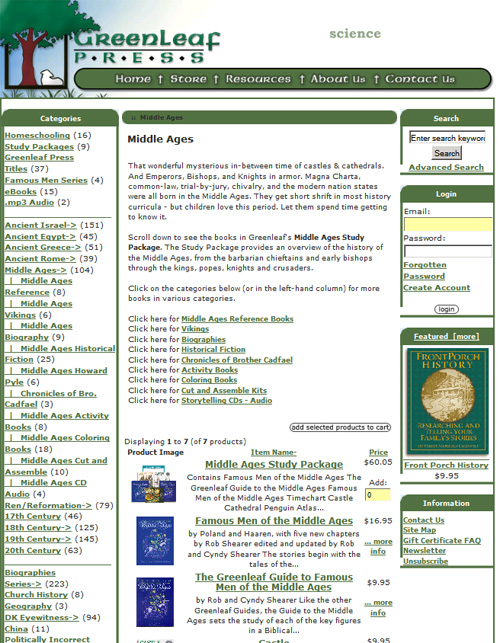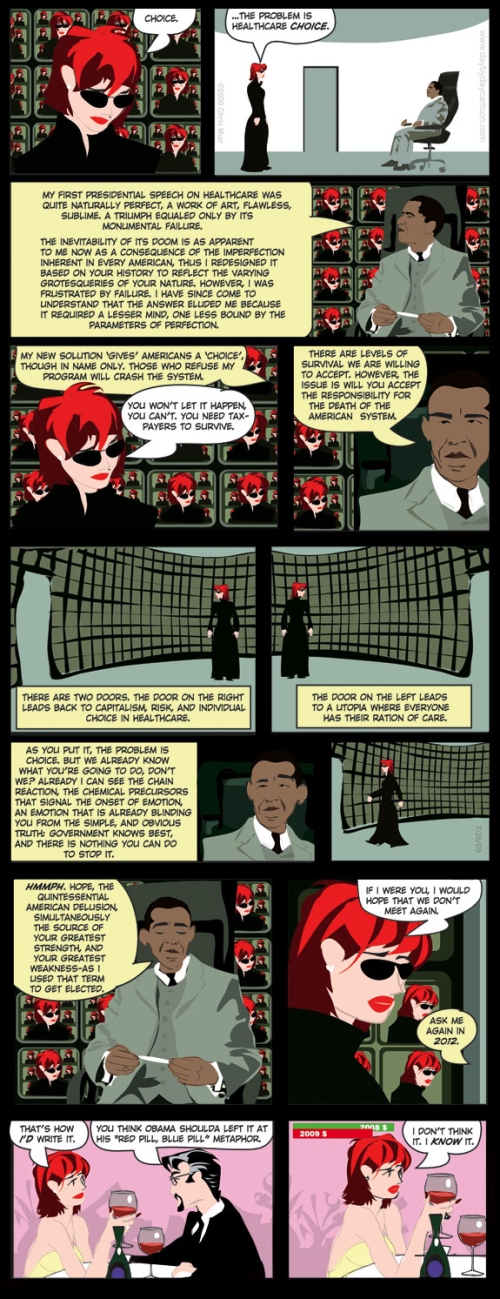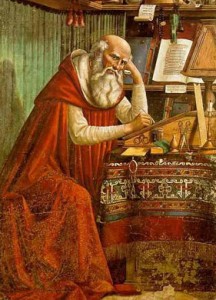In 1948, Orwell wrote the introduction to a historical collection of British Pamphlets. He liked the pamphlet. He admits that most of them were rubbish, but he clearly admires them, finds them incendiary, and the perfect symbol of the individual rebelling against the bureaucratic machinery. Everything he says about pamphlets, it strikes me, is equally applicable to blogging. Thus, I offer this paraphrase of Orwell:
The blog is a one-man show. One has complete freedom of expression, including, if one chooses, the freedom to be scurrilous, abusive and seditious; or, on the other hand, to be more detailed, serious and ‘highbrow’ than is ever possible in a newspaper or in most kinds of periodical.
At the same time, since the blog-post is always short, it can be produced much more quickly than a book, and in principle, at any rate, can reach a bigger public. Above all, the blog does not have to follow any prescribed pattern. It can be in prose or in verse, it can consist largely of maps or statistics or quotations, it can take the form of a story, a fable, a letter, an essay, a dialogue or apiece of ‘reportage’. All that is required of it is that it shall be topical, polemical and short.
The pamphlet for Orwell (and the blog for us) are also a way of breaking the conspiracy of silence against unpopular ideas:
It might be argued that in England [or the United States!], with its free and reasonably varied press, there is not much scope for the blogger; but this will not be endorsed by anyone who has ever tried to get a bearing for a genuinely unpopular cause. Certainly the British press has juridical freedom, which is not a sham but a very real blessing, and in the modern world an increasingly rare one. But it is not true that the British press adequately represents all shades of opinion. Nearly always it is safe to put one’s political opinions on paper, but to get them into print, and still more to get them to a big public, is not so easy.
Because of the way in which newspapers are owned and operated, not only can minority opinions–and even majority opinions, when thy are not backed by some influential group–go almost unheard, but events of the utmost importance can pass unnoticed or can reach the public only in some shrunken and distorted form. At any given moment there is a sort of all-prevailing orthodoxy, a general tacit agreement not to discuss some large and uncomfortable fact.
Quotations from British Pamphleteers, edited by George Orwell, Reginald Reynolds; A. Wingate, 1948. 266 pgs.

